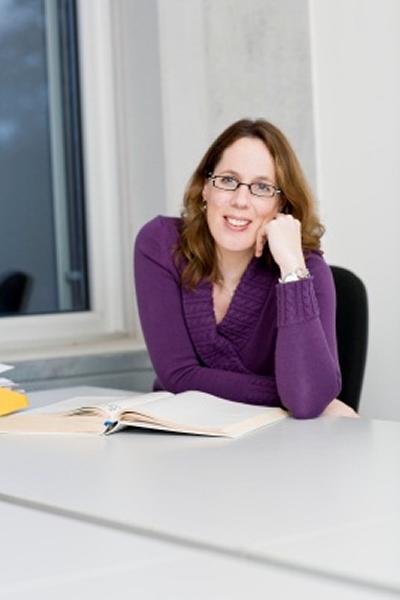Title:
Carbon - the black sheep of electrochemistry? Methods to study and tailor the carbon component in fuel cells, redox flow and lithium ion batteries

Abstract:
Fuel cells, redox flow and lithium ion batteries have received increasing attention recently due to their promising potential in environmentally-friendly energy conversion and storage. However, so far their nationwide application has not come into sight, since some of the applied materials are not yet up for competition.
In order to develop materials with superior properties, their reaction mechanisms and degradation phenomena need to be understood in detail. One example where a deeper insight is required is the carbon component in electrochemical energy applications. Carbon is used either as anode or as electron conducting additive in the cathode of lithium ion batteries (LiB), as support material in fuel cells (FC) and as porous felt electrode in redox flow batteries (RFB). Carbon, however, is not easy to study, since it is a low Z element and mostly amorphous in these applications. Thus, it is not accessible by X-ray diffraction (XRD), for which long range order in the material is required. Also in-situ X-ray absorption spectroscopy (XAS) does not appear to be applicable, since a minimum X-ray energy for material’s penetration in the keV range is needed, while the carbon’s absorption edge is at 280 eV.
In this talk, methods to study and tailor the carbon component in fuel cells, redox flow and lithium ion batteries will be shown, such as X-ray Raman spectroscopy and electrospinning.
Biography:
Christina Roth studied Materials Science at the Technical University of Darmstadt, Germany, and obtained her PhD in 2002 in the group of Prof. Hartmut Fuess. She then worked as a post-doc and Feodor-Lynen fellow with Prof. Richard Nichols in the Chemistry department at the University of Liverpool. When she returned to Darmstadt, she was appointed to German junior professor and head of the Renewable Energies team from 2004 till 2011. After two years as a group leader for Functional Composites at the Karlsruhe Institute of Technology (KIT), she obtained a full professorship at the Freie Universität Berlin, where she moved to in July 2012. Her current research activities focus on electrochemical energy applications, such as low-temperature fuel cells and redox flow batteries. A special emphasis lies on in-situ studies to unravel reaction and degradation mechanisms in these systems under realistic operation conditions.